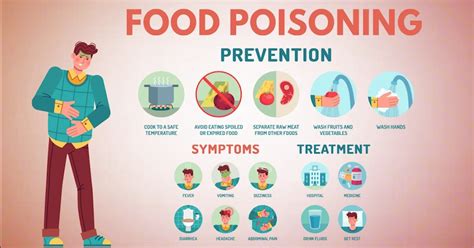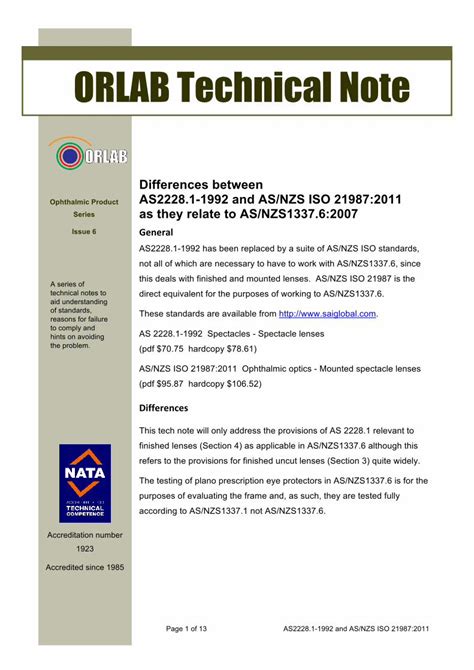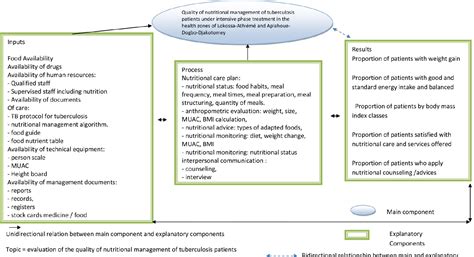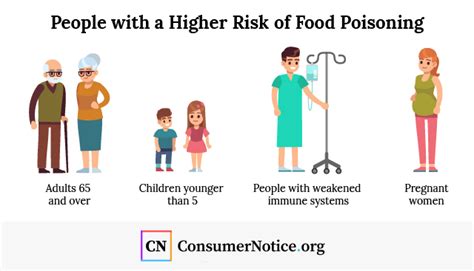Intro
Discover why you get food poisoning easily and learn prevention tips, symptoms, and treatment options to reduce risks of foodborne illnesses, digestive issues, and stomach infections.
Food poisoning is a common issue that affects millions of people worldwide every year. It occurs when we consume contaminated or spoiled food, which can lead to a range of symptoms, from mild discomfort to life-threatening illnesses. If you find yourself getting food poisoning easily, it's essential to understand the causes, symptoms, and prevention methods to minimize the risk of falling ill. In this article, we'll delve into the world of food poisoning, exploring its various aspects and providing valuable tips on how to protect yourself.
Getting food poisoning can be a distressing experience, especially if it happens frequently. The symptoms can range from nausea, vomiting, and diarrhea to abdominal cramps, fever, and headaches. In severe cases, food poisoning can lead to dehydration, electrolyte imbalance, and even organ failure. It's crucial to recognize the signs of food poisoning and seek medical attention if the symptoms persist or worsen over time. By understanding the causes of food poisoning, you can take proactive steps to prevent it and maintain a healthy digestive system.
The importance of food safety cannot be overstated, as it plays a significant role in preventing food poisoning. Food safety involves handling, preparing, and storing food in a way that minimizes the risk of contamination. This includes practices such as washing hands regularly, separating raw and cooked foods, cooking food to the recommended temperature, and refrigerating perishable items promptly. By adopting these habits, you can significantly reduce the risk of getting food poisoning and enjoy a healthy, balanced diet.
Understanding Food Poisoning

Food poisoning occurs when we consume food or drinks that are contaminated with harmful bacteria, viruses, parasites, or other toxins. The most common causes of food poisoning include Salmonella, E. coli, Listeria, and Norovirus. These microorganisms can be found in a variety of foods, including meat, poultry, seafood, dairy products, and fruits and vegetables. Understanding the sources of food poisoning is essential to preventing it, as it allows you to take targeted measures to minimize the risk of contamination.
Causes of Food Poisoning
Food poisoning can be caused by a range of factors, including: * Consuming undercooked or raw meat, poultry, or seafood * Eating unpasteurized dairy products or juices * Ingesting contaminated fruits and vegetables * Handling food with unwashed hands * Cross-contaminating foods during preparation * Storing food at incorrect temperatures * Eating food that has been left at room temperature for too longPrevention Methods

Preventing food poisoning requires a combination of good hygiene practices, proper food handling, and safe cooking techniques. Some effective prevention methods include:
- Washing hands regularly with soap and water
- Separating raw and cooked foods to prevent cross-contamination
- Cooking food to the recommended temperature to kill bacteria
- Refrigerating perishable items promptly to prevent bacterial growth
- Avoiding high-risk foods, such as undercooked meat or unpasteurized dairy products
- Regularly cleaning and sanitizing food preparation surfaces and utensils
Safe Food Handling
Safe food handling is critical to preventing food poisoning. This includes: * Storing food in sealed containers to prevent contamination * Labeling and dating leftovers to ensure they are consumed within a safe time frame * Cooking food to the recommended temperature to kill bacteria * Avoiding cross-contamination by separating raw and cooked foods * Regularly cleaning and sanitizing food preparation surfaces and utensilsTreatment and Management

If you suspect you have food poisoning, it's essential to seek medical attention if the symptoms persist or worsen over time. Treatment and management of food poisoning typically involve:
- Staying hydrated by drinking plenty of fluids
- Resting and avoiding strenuous activities
- Taking over-the-counter medications to manage symptoms, such as anti-diarrheal or anti-nausea medications
- Avoiding solid foods for a period of time to allow the digestive system to recover
- Seeking medical attention if symptoms persist or worsen over time
When to Seek Medical Attention
It's crucial to seek medical attention if you experience any of the following symptoms: * Severe vomiting or diarrhea that lasts for more than 3 days * Bloody stools or vomit * Fever above 101.5°F (38.6°C) * Signs of dehydration, such as excessive thirst, dark urine, or decreased urine output * Severe abdominal pain or crampingFood Poisoning in Vulnerable Populations

Certain populations are more vulnerable to food poisoning, including:
- Pregnant women
- Young children
- Older adults
- People with weakened immune systems, such as those with HIV/AIDS or undergoing chemotherapy
- People with chronic medical conditions, such as diabetes or liver disease
Prevention Methods for Vulnerable Populations
Preventing food poisoning in vulnerable populations requires extra precautions, including: * Avoiding high-risk foods, such as undercooked meat or unpasteurized dairy products * Cooking food to the recommended temperature to kill bacteria * Refrigerating perishable items promptly to prevent bacterial growth * Regularly cleaning and sanitizing food preparation surfaces and utensils * Avoiding cross-contamination by separating raw and cooked foodsConclusion and Next Steps

In conclusion, getting food poisoning easily can be a distressing experience, but by understanding the causes, symptoms, and prevention methods, you can minimize the risk of falling ill. By adopting good hygiene practices, proper food handling, and safe cooking techniques, you can enjoy a healthy, balanced diet and reduce the risk of food poisoning. If you suspect you have food poisoning, it's essential to seek medical attention if the symptoms persist or worsen over time.
We invite you to share your experiences and tips on preventing food poisoning in the comments section below. Your input can help others who may be struggling with this issue. Additionally, if you have any questions or concerns, please don't hesitate to ask. By working together, we can create a community that prioritizes food safety and promotes healthy eating habits.
What are the most common causes of food poisoning?
+The most common causes of food poisoning include Salmonella, E. coli, Listeria, and Norovirus. These microorganisms can be found in a variety of foods, including meat, poultry, seafood, dairy products, and fruits and vegetables.
How can I prevent food poisoning?
+Preventing food poisoning requires a combination of good hygiene practices, proper food handling, and safe cooking techniques. This includes washing hands regularly, separating raw and cooked foods, cooking food to the recommended temperature, and refrigerating perishable items promptly.
What are the symptoms of food poisoning?
+The symptoms of food poisoning can range from mild discomfort to life-threatening illnesses. Common symptoms include nausea, vomiting, diarrhea, abdominal cramps, fever, and headaches. In severe cases, food poisoning can lead to dehydration, electrolyte imbalance, and even organ failure.
When should I seek medical attention for food poisoning?
+It's essential to seek medical attention if you experience any of the following symptoms: severe vomiting or diarrhea that lasts for more than 3 days, bloody stools or vomit, fever above 101.5°F (38.6°C), signs of dehydration, or severe abdominal pain or cramping.
Are there any specific populations that are more vulnerable to food poisoning?
+Yes, certain populations are more vulnerable to food poisoning, including pregnant women, young children, older adults, people with weakened immune systems, and people with chronic medical conditions. These populations require extra precautions to prevent food poisoning, such as avoiding high-risk foods and cooking food to the recommended temperature.
